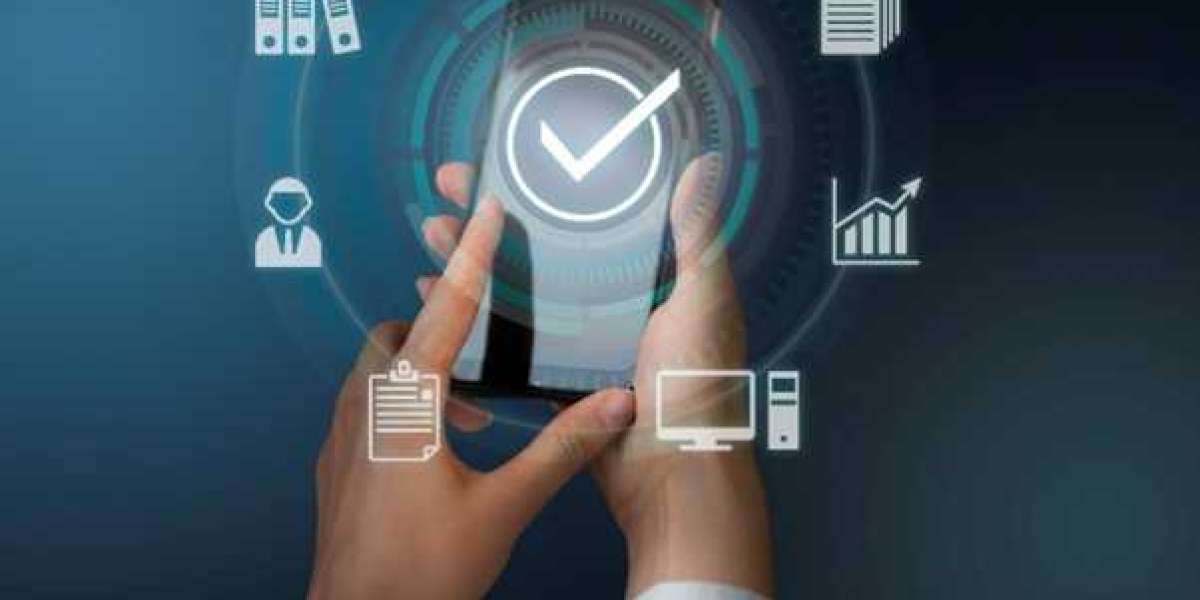In today’s world, where precision and reliability are paramount, laboratories play a crucial role in ensuring quality across various sectors. Whether it’s in pharmaceuticals, environmental testing, or manufacturing, the accuracy of lab results can make a significant impact. This is where ISO/IEC 17025 comes into play, a critical standard for laboratories seeking to demonstrate their competence and commitment to quality.
What is ISO/IEC 17025?
ISO/IEC 17025 is an international standard specifically designed for testing and calibration laboratories. It provides a comprehensive set of requirements that laboratories must meet to demonstrate that they operate competently and generate valid results. The standard is applicable to all types of laboratories, regardless of their size or the scope of their activities.
The full title of the standard is “ISO/IEC 17025: General requirements for the competence of testing and calibration laboratories.” It was first published in 1999 and revised in 2005 and 2017. The 2017 revision was a significant update, aligning the standard more closely with other management system standards like ISO 9001, which helps organizations integrate their quality management systems more effectively.
Key Requirements of ISO/IEC 17025
Management Requirements:
- Quality Management System (QMS): Laboratories must establish and maintain a QMS that ensures the accuracy and reliability of their results. This includes defining roles and responsibilities, managing documents and records, and ensuring continuous improvement.
- Management Review: Regular reviews by top management are required to assess the effectiveness of the QMS and make necessary adjustments to improve performance.
Technical Requirements:
- Personnel Competence: Laboratories must ensure that their personnel are competent, trained, and have the necessary skills to perform their tasks. This includes ongoing training and evaluation of staff qualifications.
- Equipment and Facilities: Laboratories need to maintain equipment and facilities to ensure accurate and reliable results. This involves calibration, maintenance, and ensuring that equipment is fit for its intended purpose.
- Method Validation: Laboratories must validate the methods they use to ensure that they are suitable for their intended applications. This involves confirming that methods produce results that are both accurate and reliable.
- Traceability: Results must be traceable to national or international standards. This requires maintaining a system that can track and trace the origin of measurements and calibrations.
Benefits of ISO/IEC 17025 Certification
Enhanced Credibility and Recognition:
- ISO/IEC 17025 certification enhances a laboratory's credibility by demonstrating that it meets international standards. This recognition can be beneficial in gaining trust from clients and stakeholders and can be a differentiating factor in a competitive market.
Improved Quality and Consistency:
- By adhering to ISO/IEC 17025, laboratories implement rigorous quality controls and procedures. This leads to more accurate, reliable, and consistent results, which is crucial for making informed decisions based on laboratory data.
Compliance with Regulatory Requirements:
- Many industries are subject to stringent regulatory requirements that demand adherence to recognized standards. ISO/IEC 17025 certification helps laboratories meet these requirements, avoiding potential legal and financial penalties.
Increased Efficiency:
- Implementing the processes outlined in ISO/IEC 17025 often leads to streamlined operations and improved efficiency. Labs can identify and eliminate sources of error and inefficiency, which can result in cost savings and better resource management.
Customer Satisfaction:
- Clients benefit from the confidence that comes with knowing their results are produced by a certified laboratory. This can lead to increased client satisfaction and loyalty, which is valuable for maintaining and growing business relationships.
The Certification Process
Achieving ISO/IEC 17025 certification involves several steps:
Preparation:
- Review the requirements of the standard and assess the current state of your laboratory’s operations. Develop a plan to address any gaps between your current practices and the standard’s requirements.
Implementation:
- Implement the necessary changes to meet the standard’s requirements. This includes establishing or updating your quality management system, training staff, and ensuring that equipment and methods meet the necessary criteria.
Internal Audit:
- Conduct an internal audit to ensure that all processes are compliant with ISO 17025. This helps identify any issues before the external audit.
External Audit:
- An external audit by a recognized certification body will assess your compliance with the standard. If successful, you will receive ISO/IEC 17025 certification.
Ongoing Compliance:
- Maintain compliance with the standard through regular reviews, audits, and continuous improvement practices. Certification bodies will conduct periodic audits to ensure continued adherence.
Conclusion
ISO/IEC 17025 is more than just a certification; it’s a commitment to quality and excellence in laboratory operations. By adhering to this standard, laboratories not only enhance their credibility and efficiency but also contribute to the overall reliability of results that industries and clients depend on. For any laboratory aiming to demonstrate its competence and commitment to quality, ISO/IEC 17025 certification is a critical step toward achieving those goals.








